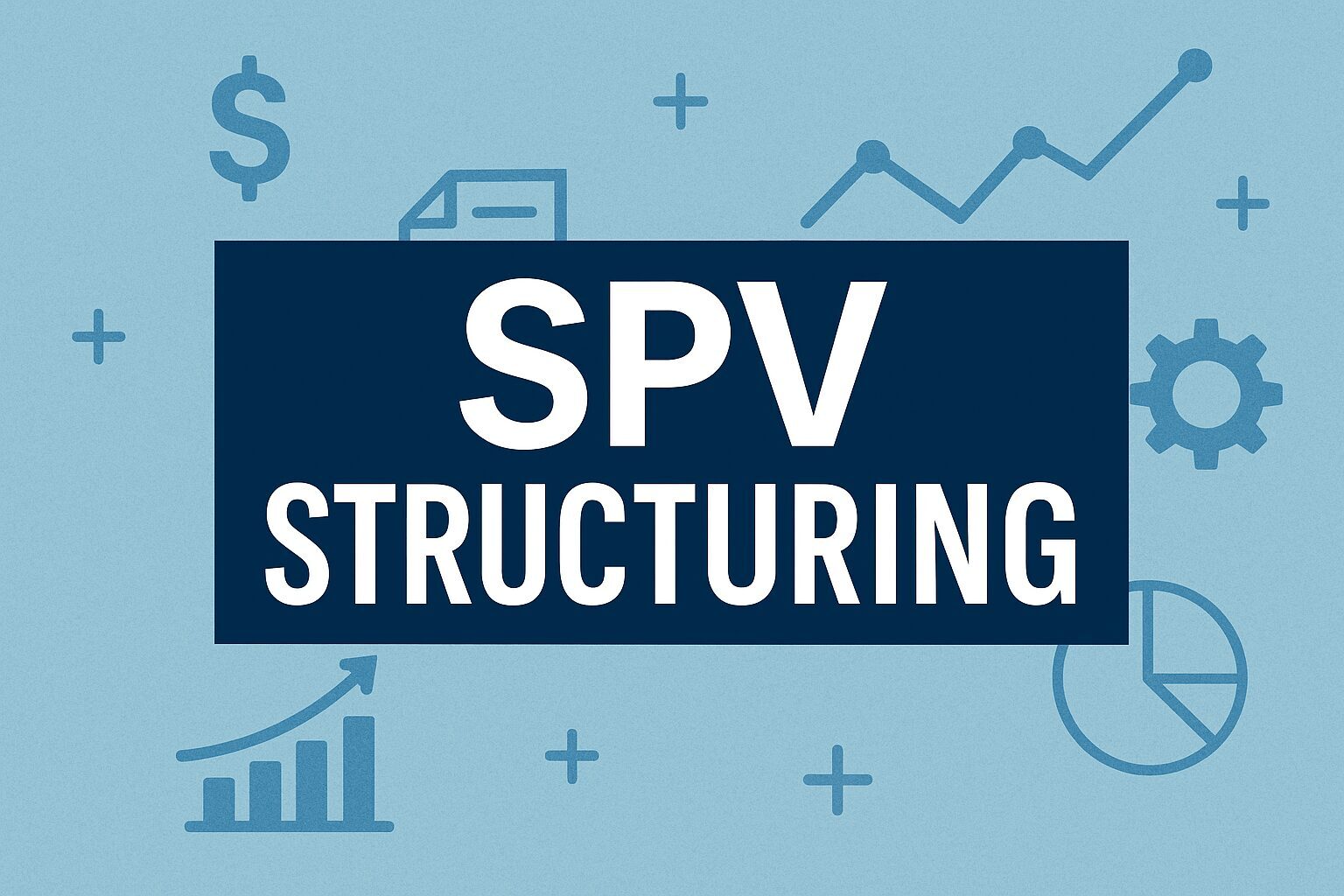High-net-worth investors are increasingly turning to pre-IPO secondaries for early access to private tech companies. These investments offer potential for high returns, portfolio diversification, and exposure to innovation before IPOs.
Here are a few of the biggest factors driving this trend.

1. Growth
Past performance is, of course, never indicative of future results. But consider for a moment how many of the highest growth opportunities in the past couple of decades were never accessible to public traders in the first place.
Facebook (now Meta Platforms) was valued at $104 billion when it went public in 2012 — the third-largest IPO on record at the time. Most investors never had a chance to gain exposure to the gains that got it there. But what if they had been able to invest in 2005, when the platform was just beginning to gain steam, before it had even dropped the “The”?
Those are the sorts of opportunities available only to investors in the private secondary market.
2. Innovation
Startups don’t have to answer to shareholders like public companies. So they can be more limber when it comes to emerging sectors and technology.
Think of the companies that benefited most from the cryptocurrency surge amid the pandemic in 2020. Coinbase didn’t go public until April 2021, at which point its valuation had reached nearly $100 billion. And Binance, the biggest crypto exchange in the world by volume, remains private.
More recently, OpenAI’s ChatGPT arguably kickstarted the AI boom. The company still has yet to IPO. Its valuation will surely be sky-high, should it ever choose to do so.
Traders have had plenty of chances to gain exposure to these innovative industries in the years since, as slower-moving public companies pivot toward them. But to access the earliest — and potentially highest — gains, investors may want to invest pre-IPO.
3. Attractive entry points
In the first quarter of 2024, secondary transactions were made at a median discount of 37% compared to primary funding rounds, according to the Growth Equity Interview Guide.
In other words, shares of startups with substantial valuations can still be purchased at attractive prices on the private secondary market.
And with companies like Augment* making it easier than ever to match sellers with buyers, price discovery on private secondaries is constantly improving, leading to even more accurate assessments of a pre-IPO stock’s true market value.
4. Diversification
Private market investments may be less correlated with traditional public markets, and potentially less prone to headwinds blowing against the latter. Diversification may improve a portfolio’s risk-adjusted returns by limiting overconcentration.
5. Private for longer
Startups are increasingly staying private for longer, as it affords them more maneuverability. Consequently, their most substantial growth phases often occur while private. By utilizing pre-IPO secondaries, savvy investors may be able to unlock those gains before the broader market has access.
6. Exit events
IPOs or acquisitions may be occurring later in private companies’ life cycles these days, but they still happen. In March 2025, cloud-computing firm CoreWeave and news network Newsmax both IPO’d, to impressive results. Well-timed investments in private companies ahead of such exits can position investors to benefit from a potential valuation step-up, which often occurs during these liquidity events.
7. Exclusivity
The ultra-wealthy know the value of exclusivity. Other high-net-worth investors are beginning to take note. Pre-IPO secondary transactions on Augment are only open to accredited investors. Think of it like a sign outside a country club, reading, “Smart Money Only.”
8. Better liquidity
With lower trading volume and fewer regulations than public exchanges like the Nasdaq or NYSE, liquidity tends to be more limited on private secondaries. This is still true, but it’s increasingly becoming less of a problem, as platforms like Augment work to make the process of trading pre-IPO shares more accessible and efficient.
9. Fun!
What better way to respond to the uncle who loves to show off his Tesla stock than by showing off your SpaceX?
As pre-IPO investing becomes more mainstream among accredited investors, platforms like Augment are opening the doors to a growing secondary market for private shares. These opportunities allow investors to get in early, diversify their portfolios, and access companies that often remain private through their most valuable growth phases.
*Securities transactions are executed on Augment Capital, LLC's ATS and offered through Augment Capital, LLC (member FINRA/SIPC).
Important Disclosures: Investing in private securities involves substantial risk, including the potential loss of principal. Private securities are typically illiquid, have limited pricing transparency, and often require longer holding periods. These investments are available exclusively to qualified accredited investors and offer no guarantee of returns. Additionally, past performance of private securities does not indicate or predict future results.






